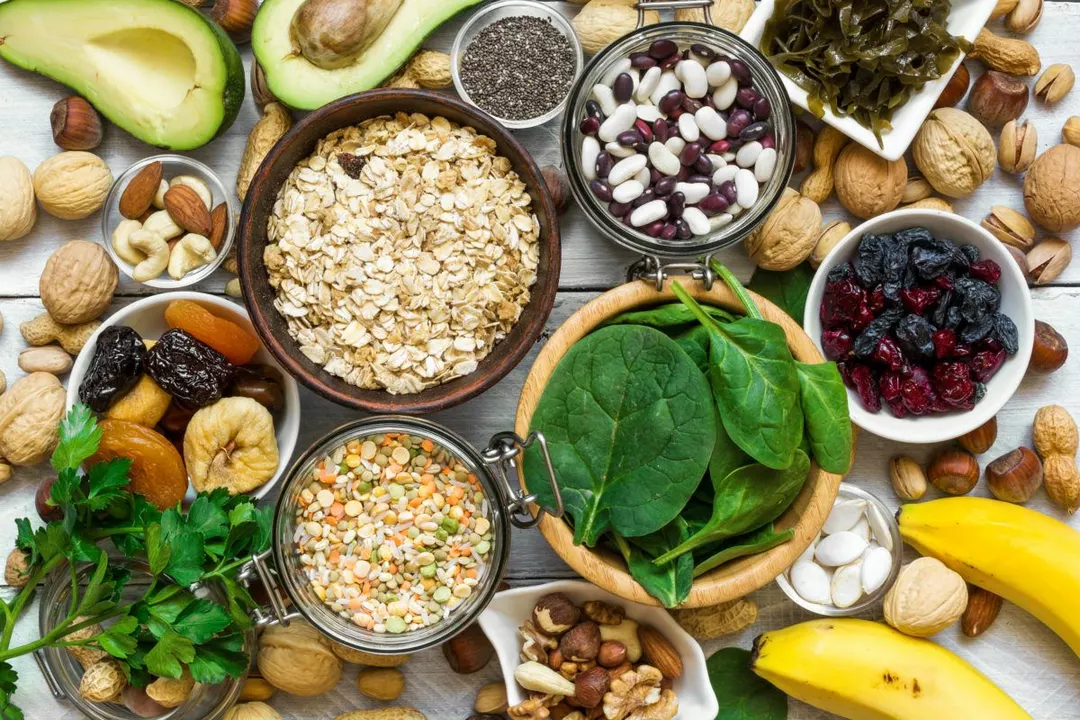Hazelnut Health Benefits, Uses & Allergy Tips
If you’ve ever wondered whether a handful of hazelnuts can actually improve your health, the answer is yes – but with a few caveats. These little nuts pack protein, healthy fats, vitamins and minerals that support heart function, brain health and even weight management.
Why Hazelnuts Are Good for You
First off, hazelnuts are rich in monounsaturated fat, the same kind of fat found in olive oil. That fatty acid helps lower bad LDL cholesterol while keeping good HDL levels up. Pair that with vitamin E – a powerful antioxidant – and you have a snack that fights oxidative stress and may slow age‑related cell damage.
Beyond heart health, hazelnuts offer magnesium, copper and folate. Magnesium supports muscle relaxation and blood pressure regulation; copper assists iron absorption; folate is vital for DNA synthesis. If you’re looking to boost brain power, the vitamin E and B‑vitamin blend in hazelnuts can improve cognitive function and mood.
How to Use Hazelnuts Safely
Adding hazelnuts to your diet is easy. Sprinkle chopped nuts on oatmeal, toss them into salads, or blend them into a creamy spread for toast. A quick DIY hazelnut butter only needs roasted nuts and a pinch of salt – perfect for protein‑packed smoothies.
But not everyone can enjoy them. Hazelnuts are a common tree‑nut allergen, and reactions can range from mild itching to severe anaphylaxis. If you have a known nut allergy, avoid raw or processed hazelnut products unless they’re labeled as “nut‑free.” Even trace amounts in sauces or baked goods can trigger symptoms.
For those without allergies, moderation is key. Hazelnuts are calorie dense – about 180 calories per ounce – so stick to a small handful (about 20 grams) a day if you’re watching weight. Pair them with low‑calorie foods like fruit or leafy greens to keep your meals balanced.
When buying hazelnuts, look for unsalted, dry‑roasted varieties without added sugars. If you prefer organic, check the label for pesticide‑free certification. Store nuts in an airtight container in the fridge; this keeps them fresh up to six months and prevents the oils from going rancid.
Lastly, if you’re interested in supplements, hazelnut extracts are available as capsules aimed at supporting cardiovascular health. Always choose reputable brands and consult a pharmacist or doctor before adding any new supplement to your routine.
Bottom line: Hazelnuts can be a tasty, nutrient‑rich addition to most diets, provided you respect portion size and allergy warnings. Use them smartly, store them right, and enjoy the boost they give to heart, brain and overall well‑being.
Why Hazelnut is the Secret Ingredient Your Dietary Supplement Routine Needs
As a health enthusiast, I've recently discovered that hazelnut is the secret ingredient our dietary supplement routine needs. Packed with essential nutrients, hazelnuts are a great source of vitamins, minerals, and healthy fats. They're known to support heart health, improve brain function, and even aid in weight loss. Plus, they're incredibly delicious and versatile, making them an easy addition to our daily diets. So, let's start incorporating hazelnuts into our routines and enjoy the amazing benefits they offer.
read more

